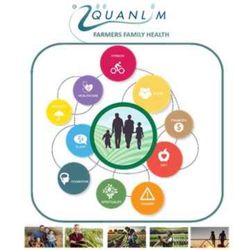Share
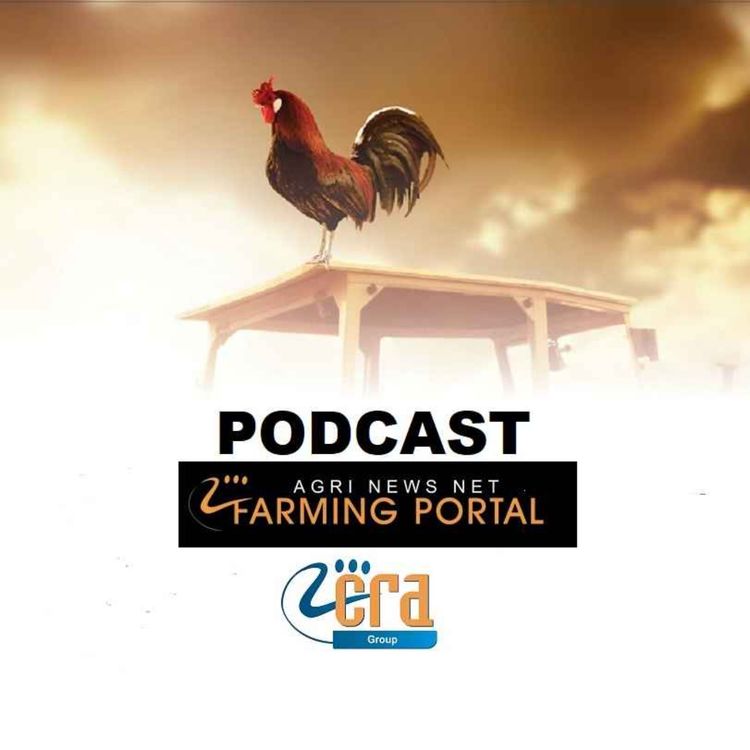
AGRI NEWS NET
Biodiversity in the vineyard – looking to the future
•
It’s no secret that climate change is breaking records for heatwaves, frosts, fires, droughts, hail and wildfires. Their increasing frequency has left the wine world awash with initiatives, conferences, and research all concerning sustainable viticulture and its many facets:
More episodes
View all episodes
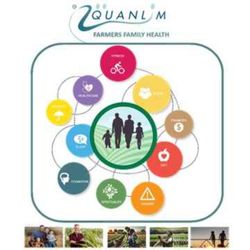

African Penguin on Brink of Extinction by 2035 Without Urgent Action
02:25|The African Penguin, a symbol of South Africa, faces extinction in the wild by 2035 unless immediate steps are taken. In late 2024, the species was declared critically endangered by the International Union for Conservation of Nature, marking it as the first among 18 penguin species to reach this status.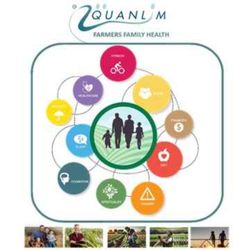
We live in 2026, and it is time to take control of your health and your life.
02:51|Real health begins with awareness and responsibility. Understand why your body is responding the way it is. Reduce stress at its source. Stop masking symptoms.
Is Brexit Really the Alternative to AGOA?
07:30|As the African Growth and Opportunity Act (AGOA) nears its expiration in September 2025, African nations face uncertainty about their trade relationship with the United States. Enacted in 2000, AGOA has provided duty-free access to the U.S. market for over 1,800 products from eligible sub-Saharan African countries, fostering economic growth, job creation, and export diversification—particularly in textiles and apparel.
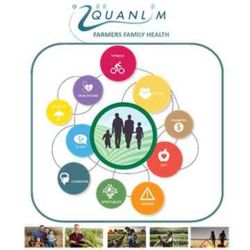
Your Circulatory System: The Hidden Key to Lifelong Health
04:01|One of the most important systems in your body is the circulatory system, yet most people only become aware of it once symptoms appear. The circulatory, or cardiovascular, system is a complex network consisting of the heart, blood vessels—including arteries, veins, and capillaries—and the blood itself. cra@cramedia.co.za
South African extra virgin olive oil production
03:43|South African extra virgin olive oil (EVOO) production achieved remarkable success in 2025, particularly through outstanding quality recognition on both national and international stages, despite the country's relatively modest output of around 1.6 million liters annually compared to global giants.
South Africa’s agricultural sector stands out as one of the few bright spots
04:04|South Africa’s agricultural sector stands out as one of the few bright spots in an otherwise stagnant economy. While the broader economy struggles to achieve even 1% growth, agriculture expanded by nearly 10% from April to September this year.